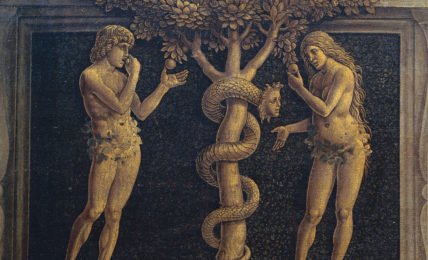United Nations report sheds light on child marriages in the Islamic World
Some 25% of men believe that girls are what they are, that is, children, at least until the age of 15. Meanwhile, 10% of men think girls who started to menstruate are “ready for marriage.”




